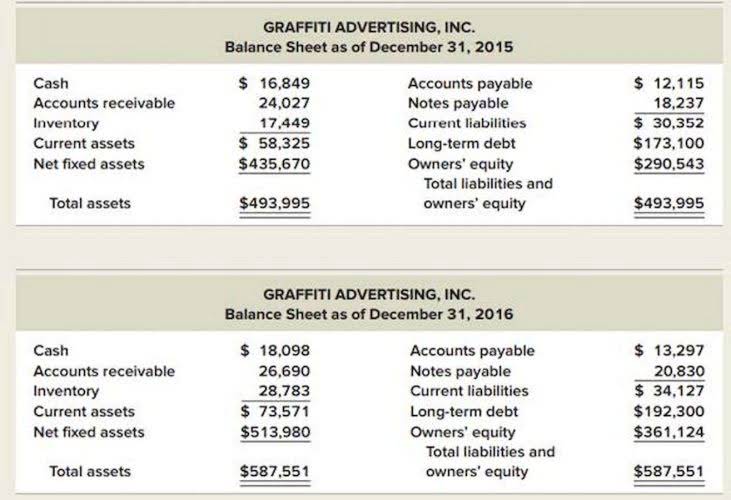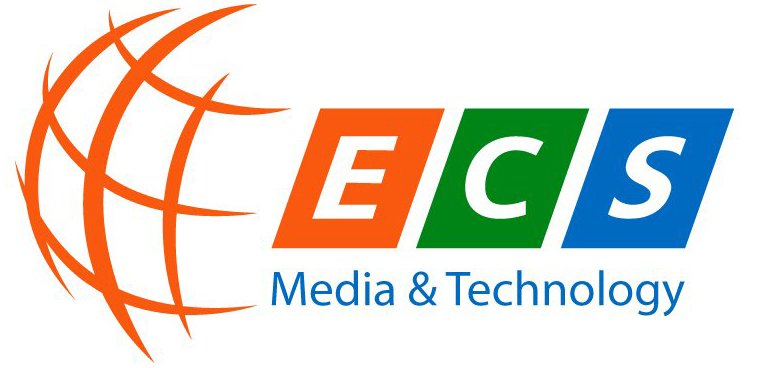Bookkeeping Essentials For Construction Companies

Accurate records make tax filing easier and help ensure compliance with tax regulations. Keep track of deductible expenses, such as equipment depreciation, and ensure taxes are filed on time to avoid penalties. Regularly generate profit and loss statements, balance sheets, and cash flow reports. These statements provide a clear picture of your business’s financial health and allow for better decision-making. Construction businesses must navigate a range of industry-specific regulations, including bonding, licensing, and insurance requirements.
Collaborating with Tax Professionals
- Construction companies should use a percentage-of-completion method that recognizes both revenue and expenses as they are accumulated over time.
- This enables businesses to monitor profitability on a project-by-project basis, identify cost overruns early, and make data-driven decisions to optimize resource allocation.
- Mixing business and personal funds can lead to errors in financial reporting and tax filing.
- You also need to keep in mind that the construction industry is highly susceptible to political and economic fluctuations.
- This transparency is also beneficial when seeking financing or making financial decisions, as it provides a reliable record of the company’s financial situation.
With the right process, you can save time on your invoicing, accounting, bookkeeping, and tax preparation, even without previous construction accounting experience. If you truly want to master your construction accounting and avoid costly mishaps, retained earnings you may want to look into the best construction accounting software. However, you can take a “completed contract” approach as well, which involves calculating taxes owed on each contract.

Failing to separate personal and business expenses
Beyond providing the data for tax accounting, efficient bookkeeping also makes for sound business decisions year-round. Real-time data are the basis for choices by a construction business about needed materials, project alterations, workforce size, lease/buy decisions about equipment, and more. Well-maintained records provide a chance to enhance profitability and can lead to fewer potential problems with the IRS. Seizing opportunities or predicting problems is almost impossible if business records are stored in a box, a drawer, or a folder. An accountant in construction typically ensures that the organization’s financial statements, taxes, and other documents are accurate and up-to-date. They might also work to develop budgets, provide cost analysis for current and future projects, and create and manage accounts payable and receivable.
Common construction accounting mistakes
- Document management to organize contracts, change orders, and project documentation in one place.
- Additionally, compliance with labor laws and union agreements adds another layer of difficulty.
- Some of it is likely reserved for things like payroll, covering expenses, and paying taxes.
- Getting started with project accounting isn’t easy, but an all-in-one enterprise resource planning system like Intuit Enterprise Suite can help you manage your finances with precision and ease.
- Not only will this help you prepare for tax time, but it provides an accurate accounting of profitability for each contract.
- Accounting is the analysis of a company’s books and using that data to evaluate the condition of the business.
Your company may manage short- and long-term contracts, often with varying end dates. To stay on top of cash flow and keep your books in check, you will need a flexible yet organized construction accounting system. However, managing your business finances correctly doesn’t always come naturally—especially virtual accountant if you’re not much of a numbers person.

- Proper job costing ensures that each project’s true profitability is understood and helps prevent cost overruns.
- Construction accounting can be a complex and challenging task for independent contractors and construction businesses of all sizes.
- Production can also be less predictable, with some projects based on seasonal cycles.
- It also lets you monitor the costs of materials, labor, and equipment for each individual phase so you can stay on budget and ensure resources are used efficiently.
- With project forecasting, construction companies were better prepared to adjust their budgets accordingly.
Get a dedicated account team to help you with problems and provide on-demand online training. Change orders are made easy where you can manage all the moving parts of the change order to keep everyone in the loop on new requests. It even allows you to invite owners to collaborate on change orders to fully understand what is required by them before you put resources to work. This is best for contractors who want clients to have access to cost data and project management oversight. See if you’re on track with the report designer that allows you to customize construction reports construction company bookkeeping and financial statements.


